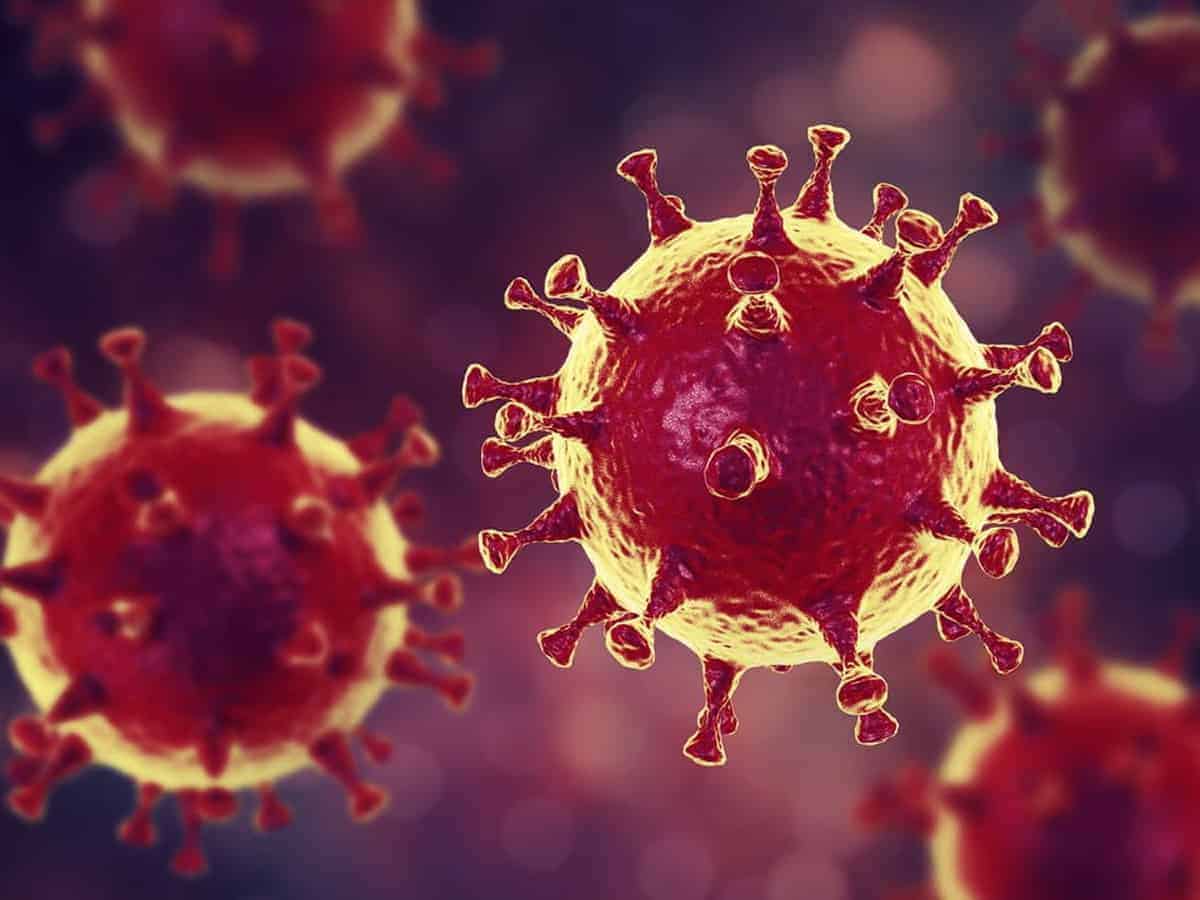Hyderabad: We are all aware of the chaos created by the Coronavirus in different parts of the world which has now become a global emergency. This virus has been currently referred to as 2019 Novel Coronavirus (2019-nCoV)
Y is it called Coronavirus??? Corona in Latin means Crown, and this virus gets its name from there as it has a series of spikes like the crown on its surface. Eyes might play a significant role in the spread and prevention of the coronavirus outbreak threatening China and a number of other countries.
HOW DOES IT SPREAD?
It can spread by droplet/contact/airborne source.
- The most common mode of transmission is through the respiratory droplets (coughing and sneezing)
- Transmission can occur when people touch an object contaminated with virus and touch their eyes/ nose/ mouth
- Transmission is also possible by aerosol contact with conjunctiva and spread through secretions of the eye as well. Thus people with conjunctivitis and respiratory symptoms in addition to recent international travel should be more cautious.
CLINICAL MANIFESTATIONS
- Patients can be carriers of infection before experiencing any of the symptoms
- Symptoms usually show up 2-14 days after exposure to the virus
The virus can cause conjunctivitis:
Conjunctivitis can be the very first indication of Coronavirus. This increases the likelihood that the ophthalmologists may be the first providers to evaluate patients possibly infected with Coronavirus.
Coronavirus causes conjunctivitis and possibly be transmitted by aerosol contact with conjunctiva — the tissue lining the inside of the eyelids.
Symptoms of the Conjunctivitis:
Symptoms of conjunctivitis include redness, watering, irritation, pain, discharge, and photophobia. Discharge from the infected eye can be a potential source of contamination; Respiratory symptoms include fever, cough, sore throat, breathing difficulties, running nose and headache. Severe cases may lead to pneumonia, kidney failure, and death.
What Protective Measures Should We Take
First and foremost, do not panic!!
Following simple hygiene measures will provide protection and prevent the acquisition of Coronavirus or any other viral infections
- Wash your hands frequently with soap and water for at least 20 seconds. Alcohol-based sanitizer may also be used
- Avoid cold beverages /cold food items
- Have more of warm fluids and warm foods
- Stay well hydrated
- Do not touch your face, eyes, nose or mouth when your hands are dirty.
- Health care workers should use medical mask, goggles and facial protection in addition to other general hygienic methods to avoid contamination of mucus membranes.
- Wear N95 or surgical mask if you are sick and stay home for 14 days even if you feel better soon. visit a doctor if you feel symptoms worsen
So far there is no vaccine/antiviral treatment available. The focus is on managing the symptoms and providing supportive treatment as the virus takes its course. Thus the best method to limit the spread of the virus is to quickly isolate people who are infected.
As global concerns escalate, especially given the novel nature of the virus, it is the responsibility of the health care providers and the general public in taking all the necessary safety measures.
Dr. Latha V, Head-Clinical Services, Dr. Agarwal’s Eye Hospital.
SIASAT NEWS

